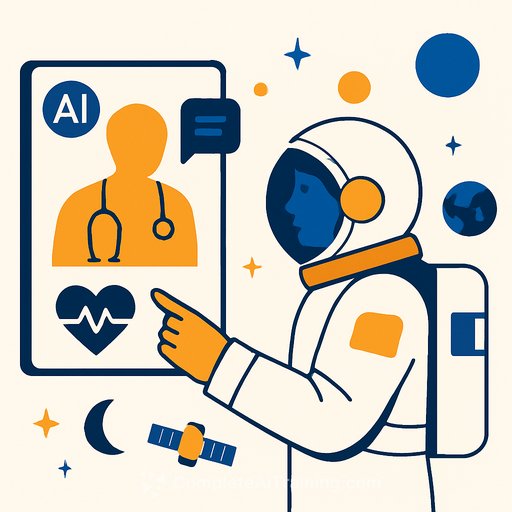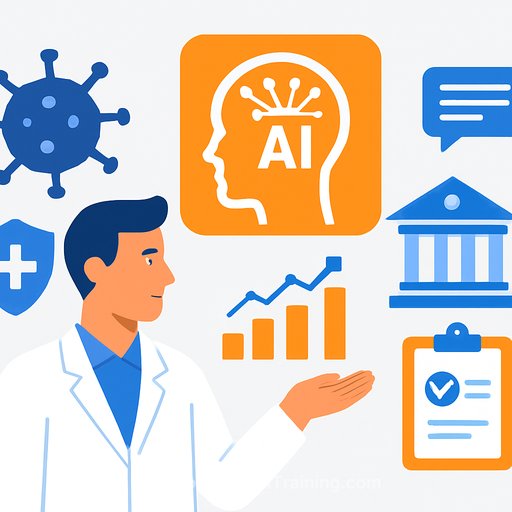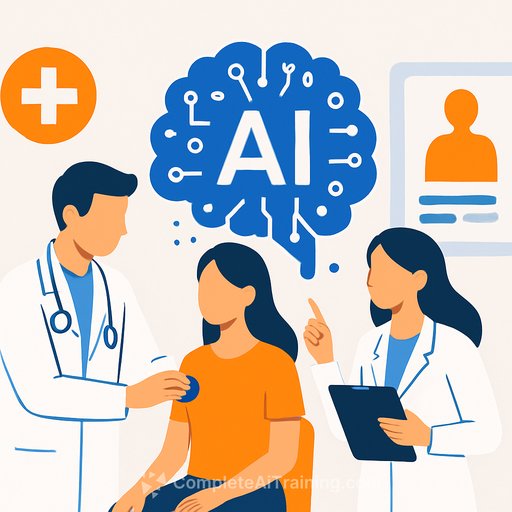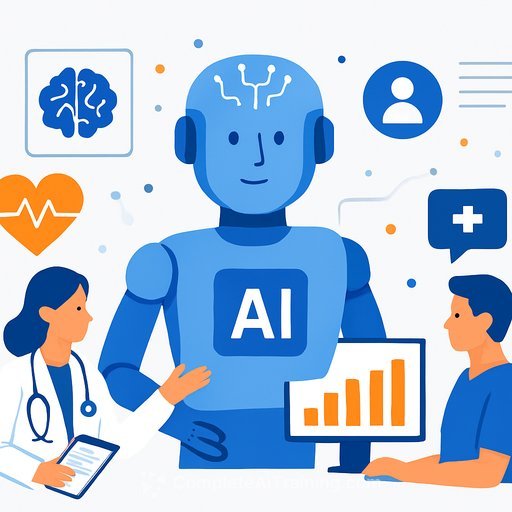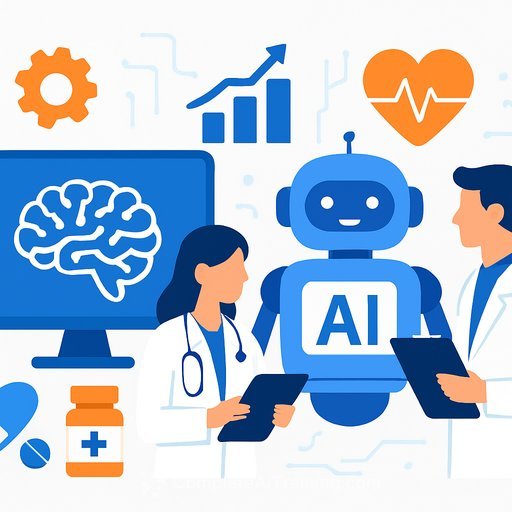Google and NASA Create AI Medical Assistant for Space Missions
Google and NASA have teamed up to develop an artificial intelligence (AI) tool that supports astronaut health during space missions. This tool, called the Crew Medical Officer Digital Assistant, helps astronauts and ground-based medical teams diagnose and treat medical issues in real time, especially when communication with Earth is limited.
The AI system offers flight surgeons predictive analytics and detailed guidance to assist with medical decision-making in isolated environments. Early tests have shown it can reliably diagnose conditions based on symptoms reported by astronauts. Now, developers are working closely with healthcare professionals to improve the system’s accuracy and usability.
Why This Matters for Healthcare Professionals
As NASA prepares for the Artemis II and III missions to the Moon, followed by planned Mars missions in the 2030s, the need for autonomous healthcare solutions becomes critical. Current astronaut training includes first aid, CPR, and managing space-specific medical conditions. Medical kits and pharmacies are available on the International Space Station (ISS), but missions beyond low-Earth orbit introduce new challenges.
- Communication delays increase up to 10 seconds for the Moon and as long as 40 minutes for Mars.
- This delay limits the ability of Earth-based medical teams to provide immediate support during emergencies.
- A reliable AI assistant enables astronauts to independently manage medical situations when remote help isn’t available.
Such tools are essential for long-duration missions where quick evacuation is impossible. The AI will empower astronauts with decision-making support, helping to maintain health and safety in deep space.
Implications for Medical Practice and Training
Healthcare professionals involved in aerospace medicine and remote care can expect AI tools like this to play a larger role. These systems integrate symptom analysis, predictive guidance, and treatment recommendations tailored for environments with limited resources.
Understanding the capabilities and limits of AI in isolated settings will be important for those developing protocols for space missions and remote terrestrial healthcare.
For professionals interested in AI applications in healthcare, exploring specialized training can provide valuable insights into emerging tools. Resources such as Complete AI Training’s healthcare-related courses offer practical knowledge on AI integration.
Your membership also unlocks:

